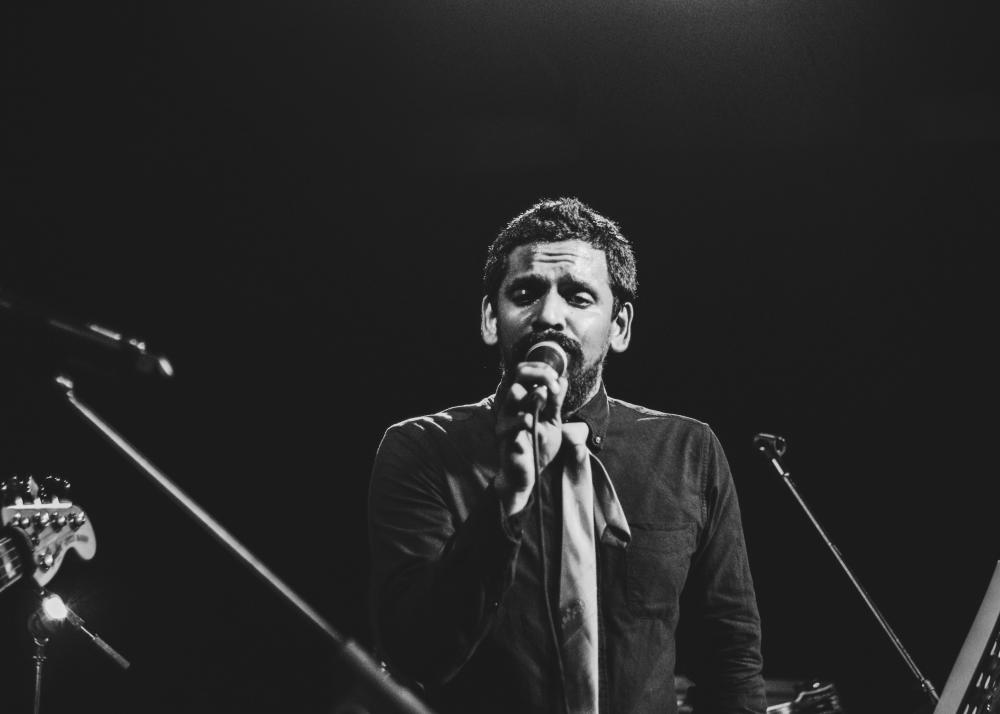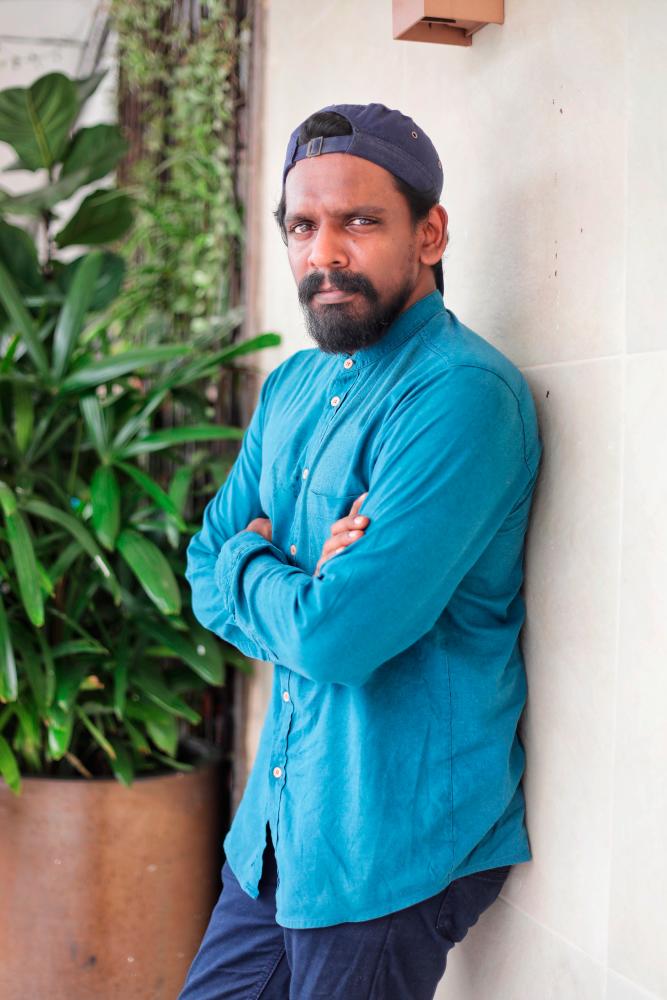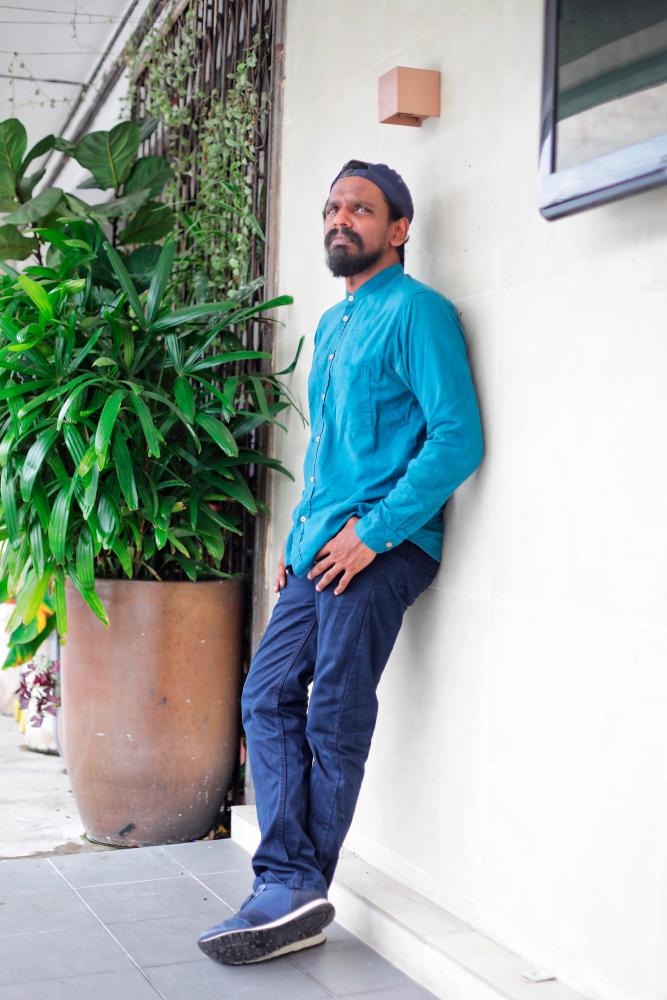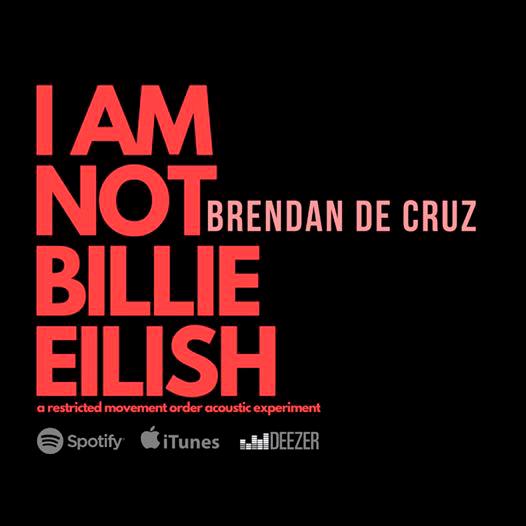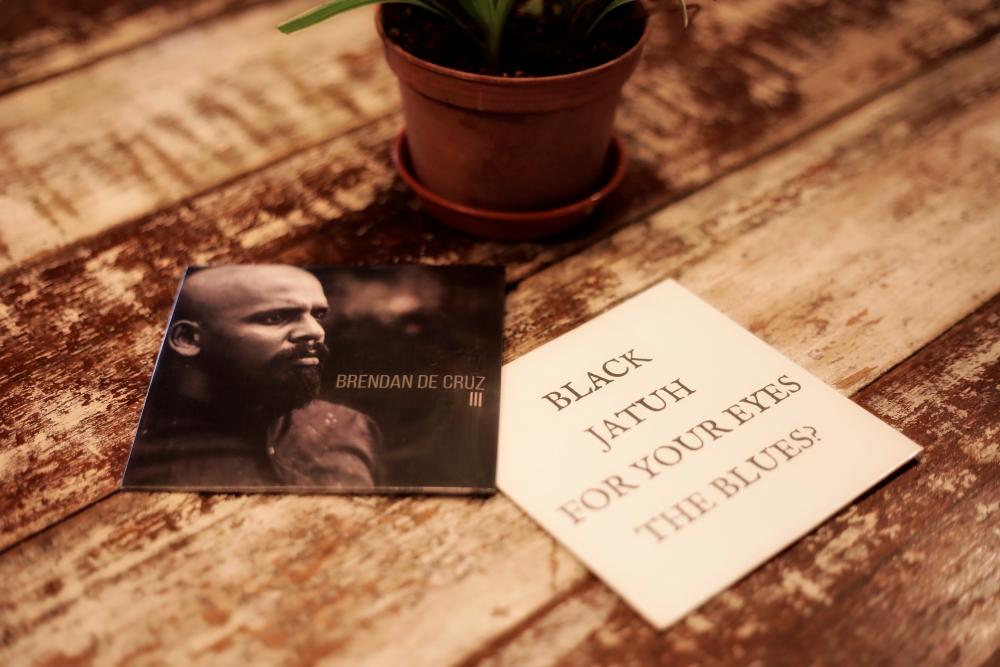How several friends banded together to produce an EP – from their homes
THE pandemic put a hard pause on the livelihood of musicians like Brendan de Cruz. But as the saying goes, ‘limitations breed creativity’. And somehow, he and his friends found a way to produce a record during the movement control order (MCO).
“When the pandemic hit, I had a couple of songs so I thought I’d do an EP,” said Brendan.
An EP is an initialism of extended play, a term from the days when music was recorded on vinyl. It has more songs than a single, but has fewer songs than an album.
“I worked with a friend who is someone whom I worked with before on an album, so he said: ‘Hey, I’ve got nothing to do as well, just send me your stuff, I’ll mix it’,” said Brendan. That friend was Derek Rushe of Dark Rain Productions.
“Then I got a friend, Lor Phaik Sim of Nadir, to do keys on a track, and another friend, Jamie Gunter of Volatile, to do bass on a track, and they did them in their own houses. Everyone just sent the files to the engineer who packaged it into a little EP,” added Brendan.
The end result surprised him. The project, which he thought would be a single, became a three-track EP.
“What I sent to him (Derek) was a simple stripped-down recording with me on vocals and guitar. Recorded track-by-track, of course.
“The first draft he sent me was very good. But, to make sure I didn’t let my excitement cloud my judgement, I sent the recording to a couple of people and they were, like, shocked at how good it was and I was not even done with the mix. I was not done recording properly,” said Brendan.
To complete the sound he used a mini synthesiser keyboard, which another friend left at his home and could not take back because of the pandemic.
“So I used it to add some backing and ambience sounds just to fill up empty spaces. I also got those friends that I mentioned to add in keys and bass here and there, and Derek just mixed it and sent it back to me.
“I didn’t expect to make a record. I wanted to do one song at first, but everything went well, and the feedback was good. So I thought to myself: ‘Okay, you know what, I’ll add one more song’, and it turned out to be three songs,” said Brendan.
The EP was then remastered by Pete Maher, whose portfolio includes The Killers, Damien Rice, U2, and The Rolling Stones. He also worked on the film La La Land, and the hit TV series Peaky Blinders.
The resulting EP, I Am Not Billie Ellish, was released in early July.
In addition to the help given by his friends, Brendan’s EP would not have been possible if it were not for a recent investment.
“I invested in home recording equipment in the middle of last year as work was picking up. I just invested in basic studio stuff.”
All in all, he estimated that he spent around RM1,000. “But that does not include the PC, and you need one with a powerful enough processor and a lot of storage space,” added Brendan.
Previously he would have had to rent a studio, which is a relatively costly necessity, and because of the MCO, would not have been something that Brendan could have done to record his EP.
“The initial idea of investing in a studio recording was so that I could create my own demos, save costs, and send them out to whomever I was working with,” said Brendan. Initially, he also used the home studio set up to record some videos and live covers of songs.
However, Brendan does have one major pet peeve when it comes to the local music scene, specifically local acts who do not put in the effort to present entirely original tracks at international music festivals, and who rely too much on covers.
“If it were not for covers, I would not have been able to do music full-time. Covers are fine. When you perform at a bar and you’re not famous, people just want to listen to music that they know or can sing along to. Throw in a couple of your own stuff.
“But, if you are playing in a music festival and you get picked to represent Malaysia, please don’t go and cover some international songs. Better still, don’t do covers when you are invited at that level.”



